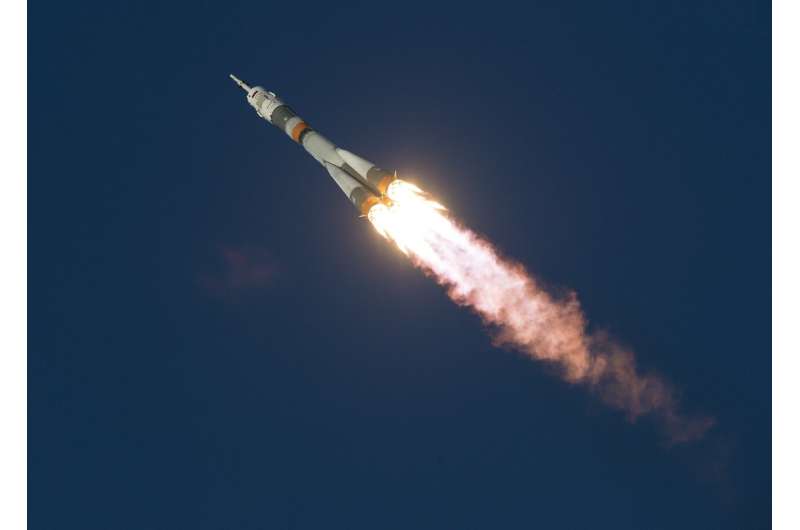Williams, professor of neurology and neurological surgery at the University of Washington School of Medicine in Seattle and one of the paper's co-authors.
"But how such research is going to be done aboard commercial flights, where incentives might be different, hasn't really been explored."
The panel calls for formulating guidelines based on four anchoring principles. The first of these is social responsibility. Commercial spaceflight is possible because of a substantial public investment, they argue, so research conducted on commercial spaceflights should benefit society at large.
Second, research conducted on commercial spaceflights should aim for scientific excellence.
"Poorly designed, duplicative, and low- priority studies beget poor-quality data. They cloud the evidence base, endanger participants, and waste resources," they write.
Third, research aboard commercial spaceflights should adhere to the principle of "proportionality," which holds the risk of research should be minimized "to the extent possible, and proportionately balanced in relation to the anticipated benefits of the individual commercial space flight participants and to society."
And, finally, the guidelines should promote the principle of "global stewardship" that assures that the "benefits of human space exploration be enjoyed by all."
The authors acknowledge that their guidelines emphasis on importance of social responsibility differs from other ethical guidelines that give primacy to the research subjects' autonomy in deciding whether to participate in a study, but they argue so few individuals are selected for spaceflight that participation should be encouraged.
"All prospective commercial space flight participants should be fully informed about the social value of any proposed research protocols and be encouraged to participate," they conclude.
"Incentivizing participation may be justified, so long as the incentive is calibrated with the risks and does not create undue inducement. Commercial companies may give preference to those commercial space flight participants willing to participate in research, but further ethical attention is needed to determine whether commercial space flight participants should remain flight eligible even if they decline research participation."
NASA's practices may serve as a model, Williams said. "At NASA, for any given mission an individual might be eligible to participate in as many and 40 to 50 studies, but they get to pick and choose the ones they want to participate in. That respects the principle of autonomy."
The lead author on the Science paper is Vasiliki Rahimzadeh and the senior and corresponding author is Amy L. McGuire, both of the The Center for Medical Ethics and Health Policy at Baylor.
More information: Vasiliki Rahimzadeh et al, Ethically cleared to launch?, Science (2023). DOI: 10.1126/science.adh9028. www.science.org/doi/10.1126/science.adh9028
Journal information:Science
Provided by University of Washington School of Medicine



